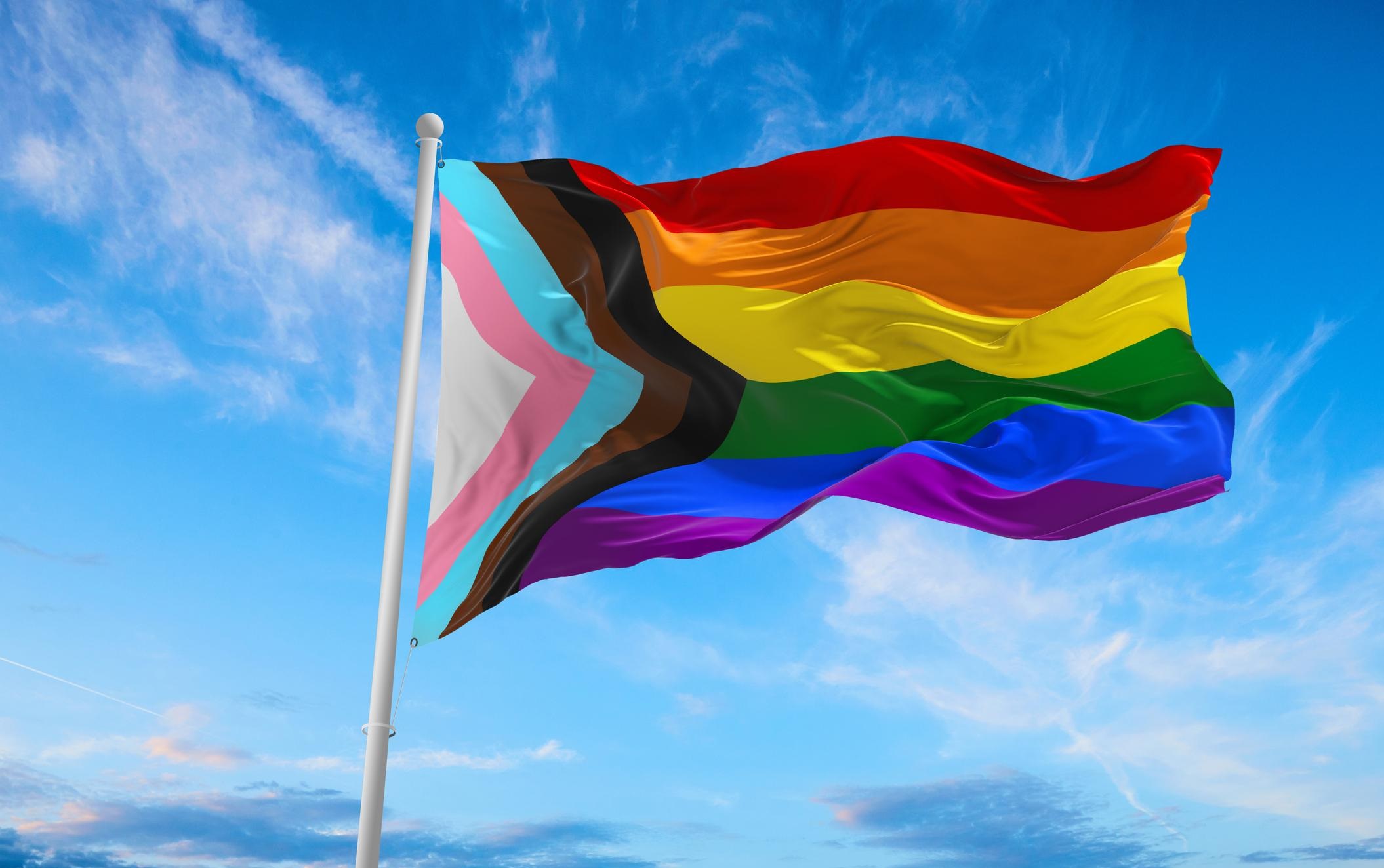What does the "Q" in LGBTQIA+ actually stand for? Especially those who may not yet be too familiar with the community and its many different "nuances" may have asked themselves this question a few times in the past. And even many people who are actively part of the community often find it difficult to describe the word queer in more detail.
In order to get a better overview, it is worth relating queerness to other terms such as pansexuality and polysexuality. It quickly becomes apparent that while sexuality obviously plays an important role in the one "word group", this is not the case with "queer". Or to put it another way: while pansexuality and polysexuality actually focus on sexual orientation, the whole thing is somewhat different with queer. Among other things, it is also about gender identity.
What does queer mean?

Queer" refers to people who do not conform to traditional gender and sexuality norms. The term not only has positive connotations within the community, but also in many parts of society outside of it. Queers are not hetero or cis. They can be, among other things:
- gay, lesbian or bi
- polysexual
- pansexual
- not be cis.
Queer can therefore refer to either gender identity or sexual orientation, and sometimes both. Many transsexual, intersex, agender and non-binary people now also describe themselves as queer. The range of people described by this term has grown accordingly over time.
It is particularly interesting in this context, that some people like to call themselves queerbut others are less familiar with this term. Of course, it is important that everyone feels comfortable with their individual name.
The factor of identification plays a particularly important role in this context. Many people appreciate it when they can give other people a way to categorize them. How exactly this categorization should take place and whether, for example, it should "only" be "queer" or more precisely "transsexual" depends on the individual attitude of each person.
Queer in connection with other words
The word "queer" has become more and more established over time. Among other things, it can also be used to describe places or events that are closely associated with the LGBTQIA+ community. For example, there are now queer festivals, queer bars and the "queer scene".
While the term used to be interpreted rather negatively, the image that broad sections of society have of queer people has changed. In the vast majority of cases, "queer" is no longer considered an insult. The translation "weird" or "peculiar" still exists, but it no longer plays a real role in the context of the scene.
In short, people who do not conform to the two-gender, cisgender and/or heterosexual norm are referred to as "queer". For many of those affected, however, it is not enough to be summarized under this "umbrella term". They want to express their identity even better and more individually with words such as pansexual or polysexual. Accordingly, many feel it is an advantage that the queer rainbow has become more colorful over time and that it is now possible to identify oneself even more precisely on the basis of the appropriate words.

From my experience, these are usually the coolest people. Open, relaxed and fun-oriented.